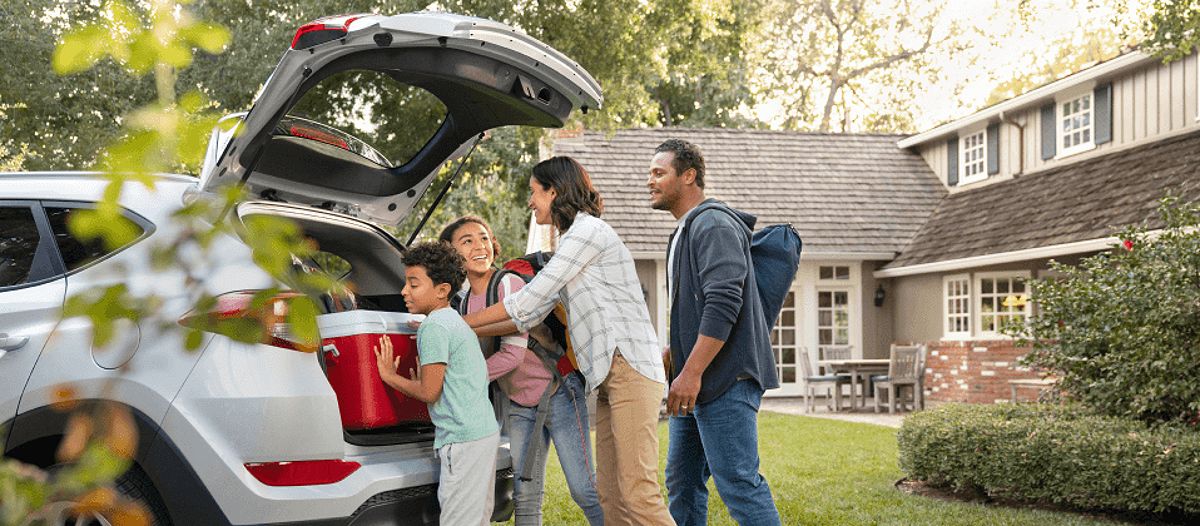As a parent, handing over the car keys to your teen can be both an exciting and nerve-wracking experience. However, with Florida’s unique car insurance landscape, navigating the best coverage options for your young driver can feel like a daunting task. Fear not! In this comprehensive guide, we’ll unravel the mysteries of Florida’s graduated licensing system, share strategies for securing the most affordable auto insurance quotes FL, and equip you with the tools to keep your teen safe on the road.
Understanding Florida’s Graduated Licensing System
Florida’s graduated licensing system is designed to ease young drivers into the responsibilities of the road. At the tender age of 15, your teen can apply for a learner’s permit, which comes with a few restrictions. For the first 90 days, they’re limited to driving only during daylight hours, and a licensed adult over 21 must accompany them at all times. After this initial period, the permit allows them to venture out until 10 PM.
Once your teen has held a learner’s permit for at least a year and logged 50 hours of certified practice driving, with 10 of those being at night, they can then apply for a driver’s license at age 16. At this stage, they’re generally only permitted to drive between 6 AM and 11 PM. The curfew is extended to 1 AM once they reach the ripe old age of 17. Most of these restrictions are lifted when your teen turns 18, but it’s crucial to continue reinforcing safe driving habits even after they’ve gained full privileges.
Finding Affordable Auto Insurance Quotes FL in Florida
Securing the best auto insurance quotes FL for your teen driver can be a challenge, but with a little know-how, you can find coverage that fits your budget and provides the protection they need. Several factors come into play when determining the cost of your teen’s policy, and understanding these can help you make informed decisions.

Factors Affecting Rates
Younger drivers, especially those under 25, often face higher insurance premiums due to their lack of experience and increased risk of accidents. However, a clean driving record can earn your teen some sweet discounts and lower rates. The type of vehicle they drive also plays a significant role, as newer and more expensive cars tend to come with higher repair and replacement costs.
And let’s not forget about location — where you live in Florida can also impact your insurance rates. Insurance companies analyze the frequency of accidents, thefts, and other risks associated with different areas, adjusting premiums accordingly. Residents of high-risk neighborhoods may face higher premiums compared to those living in safer areas.
Discounts for Teen Drivers
The good news is that there are several discounts available to help offset the cost of auto insurance for teen drivers. Good student discounts, for example, can provide substantial savings for teens with a B average or higher. Completing a defensive driving course can also earn your teen a discount, as it demonstrates their commitment to safe driving practices.

And if you’re feeling particularly savvy, consider bundling your teen’s auto insurance with your homeowner’s or renter’s policy. Many insurance providers offer multi-policy discounts, which can result in significant savings.
Comparing Quotes
When shopping for auto insurance in Florida, it’s crucial to get quotes from multiple providers. Compare the coverage options, deductibles, and overall costs to ensure you’re getting the best value for your hard-earned dollars. Don’t be afraid to negotiate or ask about any additional discounts you may be eligible for — every penny counts when it comes to insuring a young driver.
Fostering Safe Driving Habits
Encouraging safe driving habits is not only crucial for your teen’s well-being but can also have a positive impact on your insurance rates. Emphasize the importance of obeying traffic laws, avoiding distractions, and maintaining a safe following distance. Remind your teen that reckless driving, such as speeding or sudden lane changes, can lead to accidents and higher premiums.
Consider enrolling your teen in a defensive driving course, which can improve their skills and potentially earn them a discount on their insurance. You can also explore the use of telematics devices, which monitor driving behavior and can lead to further savings if your teen demonstrates safe driving habits.
Remember, having open discussions with your teen about the consequences of their driving behavior is crucial. Explain how traffic violations, accidents, and other risky driving actions can not only jeopardize their safety but also lead to significant increases in their insurance premiums. By fostering a culture of responsibility and accountability, you can empower your teen to make better decisions on the road.
FAQ
Q: What happens if my teen driver gets a ticket?
A: If your teen receives a traffic ticket, it can significantly increase their insurance premiums. Encourage them to drive safely and avoid any violations to keep their rates as low as possible.
Q: Can I add my teen to my existing car insurance policy?
A: Yes, you can usually add your teen to your existing policy. However, it’s important to compare quotes from different providers to ensure you’re getting the best rates for your family’s needs.
Q: What are some good resources for learning more about teen driving safety?
A: The National Highway Traffic Safety Administration (NHTSA) and the Florida Department of Highway Safety and Motor Vehicles (DHSMV) offer a wealth of information and resources on teen driving safety. Be sure to check them out for the latest tips and guidance.
Conclusion
Navigating the world of auto insurance in Florida as a teen driver can be a daunting task, but with the right strategies, you can secure the best coverage at an affordable price. By understanding the state’s graduated licensing system, exploring available discounts, and reinforcing safe driving habits, you can help your teen become a responsible and confident driver while minimizing the impact on your insurance costs.
So, don’t wait — start comparing auto insurance quotes FL today and take the first step towards protecting your teen on the road. Remember, their safety should always be the top priority, and by working together, you can ensure they have the coverage they need to stay protected while behind the wheel.



